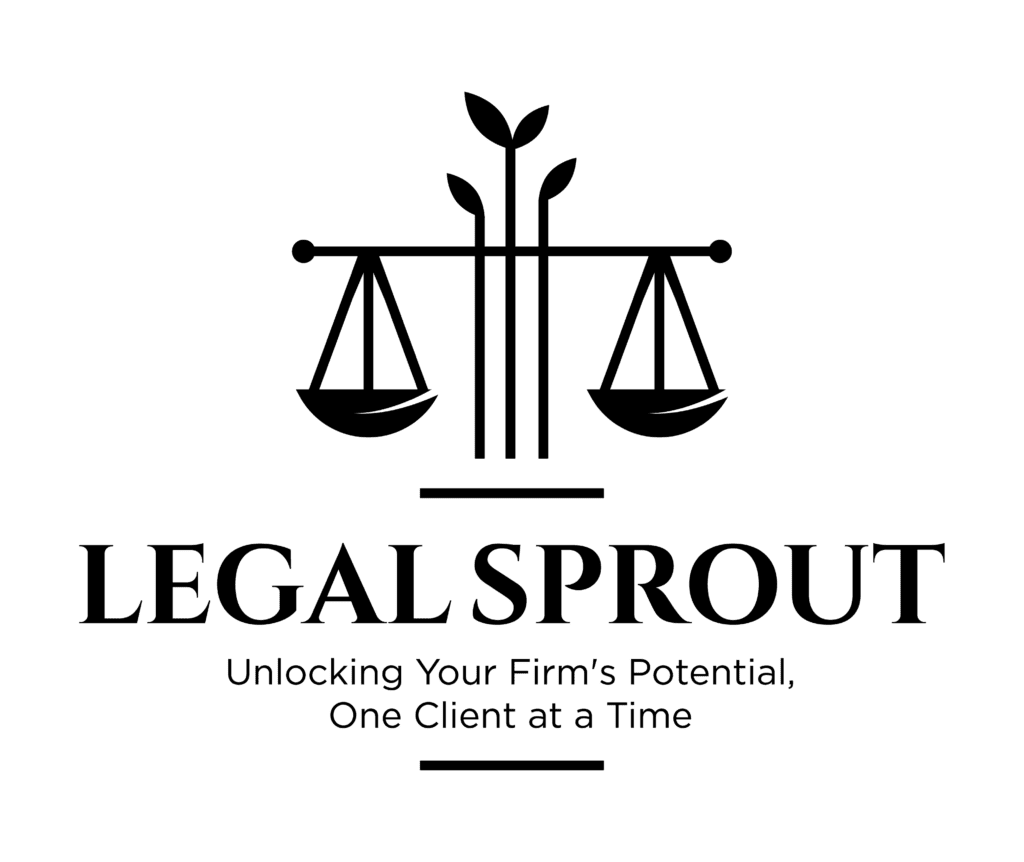Know Your Debt Options
Dealing with overwhelming debt can be stressful, especially when your assets—like your home or car—are on the line. If you’re struggling with missed payments and relentless creditor calls, you may feel trapped. However, there are steps you can take to protect your assets and find a financial solution that works for you. Whether you’re in New Bern, Wilmington, or elsewhere in North Carolina, knowing your options can give you the power to make informed decisions.
Below, we’ll walk you through common signs of financial trouble, explain how you can protect your assets, and explore legal tools like bankruptcy to help you regain control.
Early Signs of Financial Trouble: When Should You Take Action?
It’s easy to hope that things will improve on their own, but delaying action can limit your options. Below are some key warning signs that it’s time to make a plan:
1. You’re Relying on Credit Cards for Essentials
If you’ve started using credit cards to buy groceries, pay utilities, or cover medical expenses, it’s often a sign that your income isn’t enough to meet basic needs. This can lead to a dangerous debt cycle, where credit card balances grow faster than you can repay them. The longer this continues, the harder it becomes to catch up. Seeking help now can prevent things from spiraling.
2. You’ve Fallen Behind on Your Mortgage or Auto Loan
Missed payments on a house or car can quickly turn into foreclosure or repossession. Even if you’ve only missed one or two payments, acting now can help you avoid losing essential property. Loan modification, bankruptcy, or debt restructuring may offer a way to keep these important assets.
3. Creditor Harassment is Affecting Your Daily Life
If collection agencies are calling frequently or creditors are threatening lawsuits, it’s a clear sign that your debt is heading toward default. Filing for bankruptcy can trigger an automatic stay, immediately halting collection calls, wage garnishments, and legal actions while you work on a solution.
4. Sudden Life Events Are Causing Financial Strain
Job loss, divorce, medical emergencies, or a death in the family can cause financial problems that feel impossible to manage. If your budget is no longer working due to unexpected changes, addressing your debt head-on can give you peace of mind and stop things from getting worse.
If you recognize these signs, it might be time to explore your options for relief.
What Debt Relief Options Are Available in North Carolina?
There are several ways to address debt, including:
-
Debt Consolidation Plans:
- Pros: Can simplify multiple debts into one payment.
- Cons: High failure rates and extended timelines.
-
Negotiating with Creditors:
- Effective when creditors agree to new terms.
- However, it requires a careful approach and does not stop legal actions or creditor harassment.
-
Loan Modifications and Foreclosure Assistance:
- May offer temporary relief but isn’t always a long-term solution.
-
Exploring Bankruptcy Options
Bankruptcy can be a strategic way to protect your assets and reset your finances. Depending on your situation, either Chapter 7 or Chapter 13 may be the right solution.
- Chapter 7 Bankruptcy: Often called “liquidation bankruptcy,” this option allows individuals to discharge unsecured debts (like credit card bills) while keeping exempt assets.
- Chapter 13 Bankruptcy: This is best if you have a steady income and want to keep your house or car. Chapter 13 allows you to catch up on missed payments through a structured repayment plan over 3-5 years.
For many individuals and business owners, bankruptcy provides a strategic way to reset their finances and protect key assets.
Chapter 7 vs. Chapter 13: Which Option is Right for You?
If you are considering bankruptcy, it’s important to choose the right chapter based on your situation:
- Chapter 7 Bankruptcy: Ideal for individuals or businesses with limited income and unsecured debts.
- Chapter 13 Bankruptcy: Suited for those with a steady income who want to keep significant assets, such as a home or car, while repaying debts over time.
A consultation with a bankruptcy attorney can help you determine which option fits your circumstances.
Protecting Your Assets with North Carolina Bankruptcy Exemptions
If you file for bankruptcy in North Carolina, certain assets may be protected by state exemptions:
- Homestead Exemption: Protects up to $35,000 in home equity, or $60,000 if you are 65 or older and meet certain conditions.
- Wildcard Exemption: Allows up to $5,000 in value to be applied to any asset of your choice.
- Motor Vehicle Exemption: Protects up to $3,500 in equity for one vehicle.
These exemptions allow many filers to keep their homes, cars, and other essential assets while managing their debt.
What Happens If You Do Nothing?
Delaying action can have serious consequences, including:
- Wage Garnishments: Creditors can take money directly from your paycheck.
- Property Repossession or Foreclosure: Falling behind on payments could result in the loss of your home or vehicle.
- Lawsuits: Creditors may pursue legal action to collect what you owe.
- Long-Term Credit Damage: Defaulting on debts without a plan can negatively affect your credit score for years, making it harder to rebuild.
The longer you wait, the fewer options you may have. Acting early can give you access to debt relief solutions that protect your assets.
Contact Us Today For a Free Consultation.
At Stubbs & Perdue, we have over 50 years of experience helping individuals and businesses in New Bern, Wilmington, and throughout North Carolina find relief from overwhelming debt. Our team includes board-certified specialist in both consumer and business bankruptcy law, recognized by the North Carolina State Bar.
Don’t wait until it’s too late. Call us for a FREE consultation at our New Bern or Wilmington office to schedule a consultation with one of our experienced attorneys. We’re here to guide you every step of the way.
Disclaimer: This blog post is intended for informational purposes only and does not establish an attorney-client relationship. For personalized legal advice, please contact our office.




